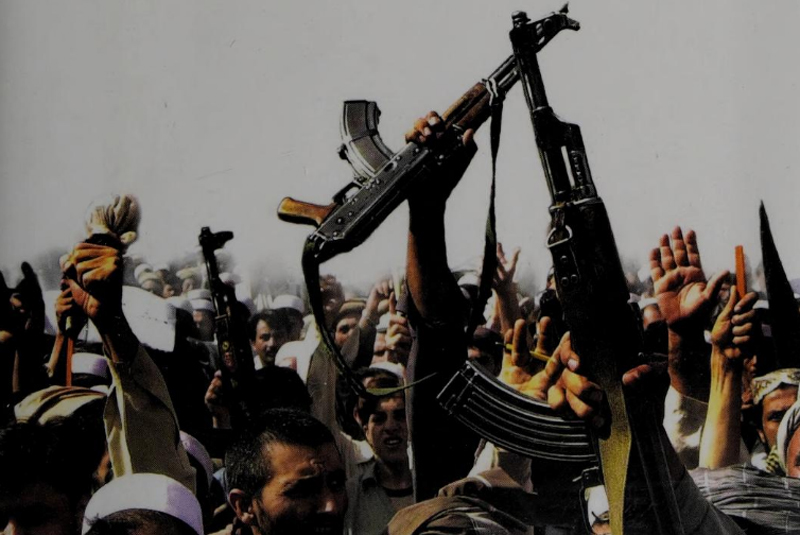The tragic fall of Kabul to the Taliban has intensified the debate on US interventionism. Many argue that this marks the end of the US’ dominance in international politics. This article analyses the challenges associated with the US intervention in a multi-ethnic set-up like the Afghanistan, and its implications on regional security.
Intervene to finish or perish?
The 9/11 attack involved the US in Afghanistan. The US targeted the Taliban, assisted the Northern Alliance and experimented with state-building & democracy. At the time, several scholars and media outlets hailed the intervention in Afghanistan as the most effective way to kill Osama Bin Laden and other Al-Qaeda militants. The US, though it killed Osama Bin Laden, was not successful in extinguishing the Al-Qaeda.
The US’s prolonged military intervention in Afghanistan was characterised by lack of operational clarity. Moreover, the goalposts kept shifting from wiping Al-Qaeda leaders to state-building. As Daron Acemoglu, an academic at MIT notes:
the US attempts to impose centralized state institutions in a heterogeneous society made no sense as their life was organized around local customs and norms with minimal presence/interaction from state authorities.
-30-
Copyright©Madras Courier, All Rights Reserved. You may share using our article tools. Please don't cut articles from madrascourier.com and redistribute by email, post to the web, mobile phone or social media.Please send in your feed back and comments to editor@madrascourier.com











